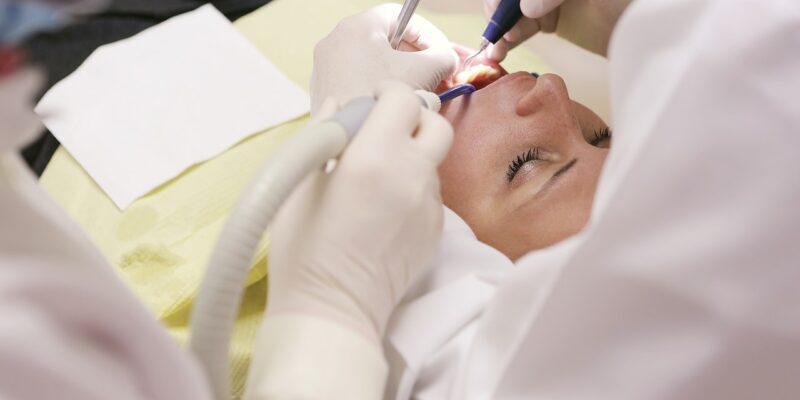It’s easy to assume that everyone has the same access to dental care, but some people have more access than others. A lot of things can impact oral healthcare.
For example, people who grew up without a lot of resources may not have been taught best dental practices. Likewise, illnesses such as depression, cocaine addiction, chronic fatigue, and many others can impact people’s energy and affect hygiene as a result.
Still, it’s never too late to start improving oral health. Knowing the basics can make dental hygiene easier.
Here you’ll find five best practices for maintaining dental hygiene.
1. Do What You Can
If you have a health condition that prevents dental hygiene, try stepping away from an “all or nothing” approach.
Consider ADHD, for example. People with this condition may face two major dental hygiene challenges.
First, there’s a connection between ADHD and perfectionist thinking. When it comes to oral health, a person with ADHD may commit to brushing, flossing, and rinsing with mouthwash three times per day. Then, when this process becomes difficult, the same person may abandon dental health altogether without finding a happy medium.
Second, people with ADHD often struggle to form routines, especially if those routines involve tedious tasks.
If these struggles sound familiar to you, try to do as much as you’re able. If your condition impacts your routines, sensory perception, energy levels, or anything else that affects hygiene, ask yourself what you are able to do.
For instance, on days when you don’t have enough energy to brush your teeth multiple times, see if you can brush once. If flossing causes sensory struggles, a water flosser or mouthwash may help.
These tasks may not be as effective as the standard recommended practices, but they are certainly more effective than nothing. Over time, these habits may become easier, and you may notice that you can handle a more complex routine.
2. Brush and Floss Your Teeth
If you are able to follow a more consistent routine, you should ideally brush your teeth twice a day: once in the morning after waking up, and once in the evening before bed.
Brushing your teeth will help remove plaque, which is a film that builds up on teeth and causes cavities.
Plaque also forms in between teeth, which is why dentists also recommend flossing teeth once a day. If you struggle with ordinary floss, floss picks can make the process easier.
3. Schedule Regular Dentist Visits
If you haven’t been to the dentist in a while, you’re not the only one. Dental anxiety is common, and many adults avoid seeing a dentist for this reason.
If you’re worried about making an appointment, start by looking for reviews of dentists in your area. Find reviews that address your specific concerns.
For example, some dentists have a reputation for helping patients with dental anxiety. Some are praised for their easygoing, non-judgemental approach.
This process may take some time, but once you find a dentist you like, regular appointments can make a big difference in your health.
4. Avoid Tobacco
According to the Centers for Disease Control and Prevention (CDC), tobacco use is a major cause of oral health issues. Cigarettes and other forms of tobacco cause tooth decay, gum disease, and oral cancer.
People can stop using tobacco at any age. If you want to stop using tobacco, a healthcare provider can help. They can offer advice and even medications that reduce cravings.
Good dental hygiene can help you boost your confidence, keep your smile bright, and even maintain your overall health. When you establish a solid oral health routine, you can experience the benefits for years to come.


Comments